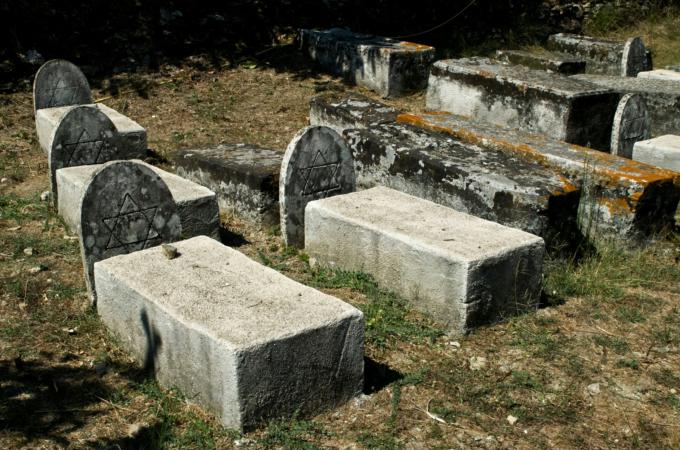A tale of two islands
Jan. 15 marks the 90th birthday of Rev. Martin Luther King, Jr. This year it'll be celebrated as a national holiday on Monday, Jan. 21, the day before the anniversary of Roe v. Wade. The reason for the annual commemoration is to remember with gratitude his work for civil rights and social justice for everyone. One of his major contributions to the American character was his exemplary Christian dedication to non-violence and the rights of conscience vis-à-vis unjust laws, such as racial segregation. This was expressed most memorably in his famous letter from the Birmingham Jail, written on April 16, 1963.
In defense of civil disobedience, he wrote, "We should never forget that everything Adolf Hitler did in Germany was 'legal' and everything the Hungarian freedom fighters did in Hungary was 'illegal.' It was illegal to aid and comfort a Jew in Hitler's Germany. Even so, I am sure that, had I lived in Germany at the time, I would have aided and comforted my Jewish brothers."
Last week, my good friend Sean Brady sent me links to two articles about contrasting contemporary attitudes towards the Jewish Holocaust perpetrated by the Nazis. One, entitled "New film on Nazi occupation of Channel Islands prompts disquieting questions for Brits," by Robert Philpot, dated April 13, 2017, reports that "the Jews of Guernsey and Jersey soon found their fears about the islands' new masters amply justified." Jews were required to register, and businesses owned by Jews were "Aryanized" and sold to non-Jews. Some of the Jews were deported and died in Auschwitz. Others were interned in camps in France and Germany. A British intelligence report stated, "When the Germans proposed to put their anti-Jewish measures into force, no protest whatever was raised by any of the Guernsey officials, and they hastened to give the Germans every assistance."
The other case of a Nazi-occupied island was detailed in an article of the Jerusalem Post dated Dec. 13, 2009, and entitled "The miraculous story of the Jews of Zakynthos," by Laura Goldberg. On that Greek island, "On September 9, 1943, the governor of the German occupation ... had asked the mayor ... for a list of all Jews on the island. Rejecting the demand after consulting with Bishop Chrysostomos (the Orthodox bishop), they decided to go together to the governor's office the next day. When Berenz insisted once again on the list, the bishop explained that these Jews weren't Christians but had lived here in peace and quiet for hundreds of years. They had never bothered anyone, he said. They were Greeks just like all other Greeks, and it would offend all the resident of Zakynthos if they were to leave. But the governor insisted that they give him the names. The bishop then handed him a piece of paper containing only two names: Bishop Chrysostomos and Mayor Karrer."
"In the meantime, not knowing what would happen, the local Jews were sent by the leaders of the island to hide inside Christian homes in the hills. However, a Nazi order to round up the Jews was soon revoked -- thanks to the devoted leaders who risked their lives to save them. In October 1944, the Germans withdrew from the island, leaving behind 275 Jews."
The Greeks of Zakynthos, and not the Brits of the Channel Islands, while both were presumably Christian, were actually the ones truly faithful to the Golden Rule and the Gospel. Human history, as well as Church history, is a peculiar interplay of good and evil, of God's grace and human freedom. Let us pray that, like Rev. Martin Luther King Jr., we be faithful to the example and teaching of our Divine Master, Jesus Christ, when put to the test. Equal justice and love for all require nothing less.
- Dwight G. Duncan is professor at UMass School of Law Dartmouth. He holds degrees in both civil and canon law.



















